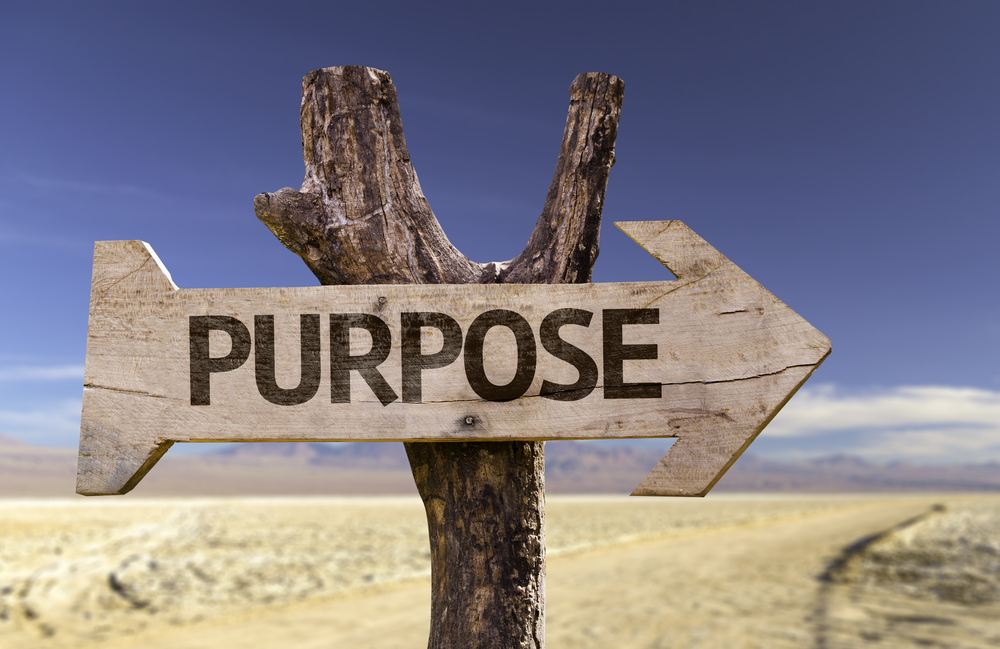Developing an Attitude of Gratitude
If I asked you to think of one small thing that’s in your power to do right now, that could have a significant positive impact on your mood and psychological well-being, what comes to mind? Hopefully you’re thinking of a few ideas because, truth is, there are lots of things we can do to improve our mental well-being. You may not know, though, that the regular practice of being thankful is one of those things that has far reaching beneficial outcomes for us.
If I asked you to think of one small thing that’s in your power to do right now, that could have a significant positive impact on your mood and psychological well-being, what comes to mind? Hopefully you’re thinking of a few ideas because, truth is, there are lots of things we can do to improve our mental well-being. You may not know, though, that the regular practice of being thankful is one of those things that has far reaching beneficial outcomes for us.
The ancient Roman Philosopher and Lawyer, Marcus Tullius Cicero wrote about gratitude “For this virtue is not only the greatest of virtues, but also the mother of all others.”
The research into the mental health and psychological benefits of gratitude is vast, and we have the field of positive psychology to thank in no small part for that. During a search of the literature I did while writing this, I found about 600 articles in peer reviewed journals concerning gratitude and its benefits, particularly for mental health, just in the past 20 years.
What I’d like to do now is walk through some of the specific benefits for mental health that the practice of gratitude can offer before finishing off with a practical activity that you can build into your daily life to help boost your own experience of gratitude.
Gratitude and social connection
A 2015 study showed that new acquaintances were more likely to take steps to continue a relationship if the other person had expressed gratitude to them in their initial exchanges. The theoretical thinking behind this is that the expression of gratitude signals to someone that this potential relationship is of high-quality and therefore desirable. We know that social connection and social support confers significant benefits for our emotional well-being, particularly if we are experiencing difficulties maintaining good mental health. In this context, expressing gratitude provides realistic and straightforward means of building and maintaining a strong social network.
A 2015 study showed that new acquaintances were more likely to take steps to continue a relationship if the other person had expressed gratitude to them in their initial exchanges. The theoretical thinking behind this is that the expression of gratitude signals to someone that this potential relationship is of high-quality and therefore desirable. We know that social connection and social support confers significant benefits for our emotional well-being, particularly if we are experiencing difficulties maintaining good mental health. In this context, expressing gratitude provides realistic and straightforward means of building and maintaining a strong social network.
Gratitude and Psychological health
Professor Robert Emmons, often acknowledged to be the world’s leading expert on gratitude and its benefits, has repeatedly found that gratitude increases happiness, decreases experiences of low mood and contributes strongly to psychological health. In fact, he strongly promotes the use of a “gratitude journal” in which people record events and experiences for which they feel thankful. He’s also provided this list of strategies for helping to increase our day-to-day experience of gratitude and build it into our lives as a daily practice.
Making a regular practice of expressing gratitude has been shown to increase happiness by around 10% - a similar amount to the impact of doubling your income!
Gratitude and Resilience
We know that the development of mental resilience helps us to manage the day to day stressors that we all deal with, in addition to those that sometimes come out of the blue and threaten to knock us sideways. Resilience is also a key component of robust mental health and we can support people to improve their mental health by supporting them to develop resilience. How can you develop resilience? You got it – gratitude. A 2003 study by Barbara Fredrickson showed how important gratitude and other positive emotions were in predicting post-crisis resilience after the 9/11 terrorist attacks in the USA. Furthermore, a 2006 study with Vietnam Veterans found that the presence of “dispositional” gratitude and not simply daily gratitude predicted lower number and severity of PTSD symptoms, greater self-esteem and more pleasant experience of day to day life. This is important because it shows us that while daily gratitude is good, the practice of becoming a “grateful person” is really the feature that leads to so much benefit for us.
Gratitude and Physical Health
There’s a large body of research pointing to the solid links between physical health and mental health and what appears to be a two-way relationship between them. We know that gratitude can directly impact mental health, but could it also impact physical health? Turns out the answer is yes! Several recent studies have shown that the development of dispositional gratitude positively impacts sleep quality; it positively impacts people who are experiencing chronic pain and it positively impacts the expression of asymptomatic heart failure!
A large number of studies have shown the links between gratitude and physical health. While the explanations and reasons for this are not completely settled, two factors come up time and again – gratitude helps us to keep a lid on stress and it also makes us more likely to engage in health behaviours such as eating well and being active.

The Science of Gratitude
Over the past several years, a great deal of research has been conducted into the neuroscientific basis of gratitude – in other words, what goes on in our brains at an electro-chemical level that could explain the remarkable findings about the beneficial impacts of gratitude? In summary, developing dispositional gratitude (mentioned above), appears to have four main effects for us.
Firstly, it creates new neural pathways and networks – these are simply the roads or the channels along which signals in our brains move. Just like dirt roads or tracks through the bush, the more we use a particular pathway the more it becomes etched into our brains and the easier it is for the next set of electrochemical signals to follow that pathway.
Secondly, gratitude enhances the production and activity of dopamine and serotonin – two of the neurotransmitters we know are highly significant for positive mood and mental health.
Thirdly, the constant experience of gratitude helps to down-regulate stress hormones (like Cortisol) and therefore diminish our experience of stress and anxiety and finally, gratitude appears to lead to different ways of thinking about ourselves in the world and therefore to different ways of experiencing and processing the events in our lives. Psychologists call this cognitive restructuring.
And to cap it all off – a 2014 study found that people who were grateful had more “grey matter” in the posterior cortical areas – that’s right – being thankful gives you a bigger brain!
How to develop a practice of gratitude
There are two simple exercises which can help to develop the practice and capacity for gratitude over time if they’re done consistently. The first is relatively straightforward and you can start doing it straightaway. The second can be quite a stretch and it’s best saved for once you’ve been using the first practice in your daily life for some time.
The first one… at the end of each day write down 10 things that have happened that day that are unique to you for which you’re grateful. They must be specific to that day and they must be specific to you. That means not recording things like: “I’m thankful we have great weather in this country” or “I’m thankful we live in a great country”. Even though it’s great you can recognise and be thankful for those things, for the purpose of this activity, these things are a little generic and they don’t encourage you to really search your own daily life for the small things that are often easy to overlook.
If you’re having trouble getting started, or reaching 10 things, it’s likely that you’re looking for “big” things. This exercise works really well when you develop a practice of being thankful for small things that are really easy to overlook–the great coffee that you had on the way to work, the fact that you got a seat on the train, you had a run of green lights on your way to work, your baby gave you a big kiss before you left for work, and so on.
The first time you sit down to do it, it might take you 5 to 10 minutes. The more that you do it, the faster it will come easily to you and the more likely it is that you’ll embed gratitude as a value in your life and make it a “lens” through which you look at life. This is “dispositional gratitude”.
I said the second exercise could be a bit of a stretch. When you feel comfortable to do so, think of someone significant in your life, who’s living currently, whose influence you’re thankful for. Write down two or three specific things that they’ve done that you’re really grateful for and that you know have had a significant beneficial impact for you. When you’ve done this, make a point of seeing the person and telling them face-to-face what it is they done that you’re thankful for.
The final benefit of gratitude is that it costs absolutely nothing – it’s totally free. It costs you nothing to recognise things in your life you’re thankful for and it costs nothing to express gratitude to someone else. For something that has the potential to have such an impact on our emotional and psychological well-being and to positively impact both physical and mental health, it’s just about the best free gift you’ll find.
Simon Matthews
FASLM, MHlthSci, DipIBLM, MAPS
Writing exclusively for MindRazr, Simon is the CEO Of Wellcoaches® Australia, an AHPRA Registered Psychologist, Board Certified Lifestyle Medicine Professional and Fellow of the Australasian Society of Lifestyle Medicine. He’s also a Fitness Trainer and Nutritionist.
Share this
You May Also Like
These Related Stories

Happiness, Resilience and Managing Stress

5 Simple Ways to improve your wellbeing at work





